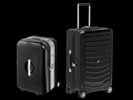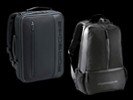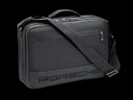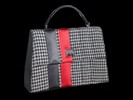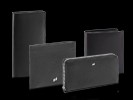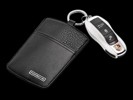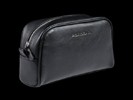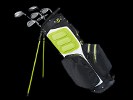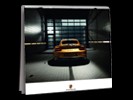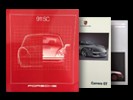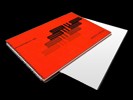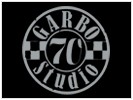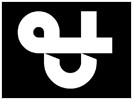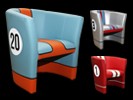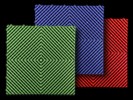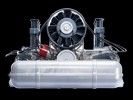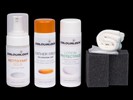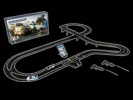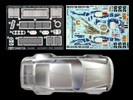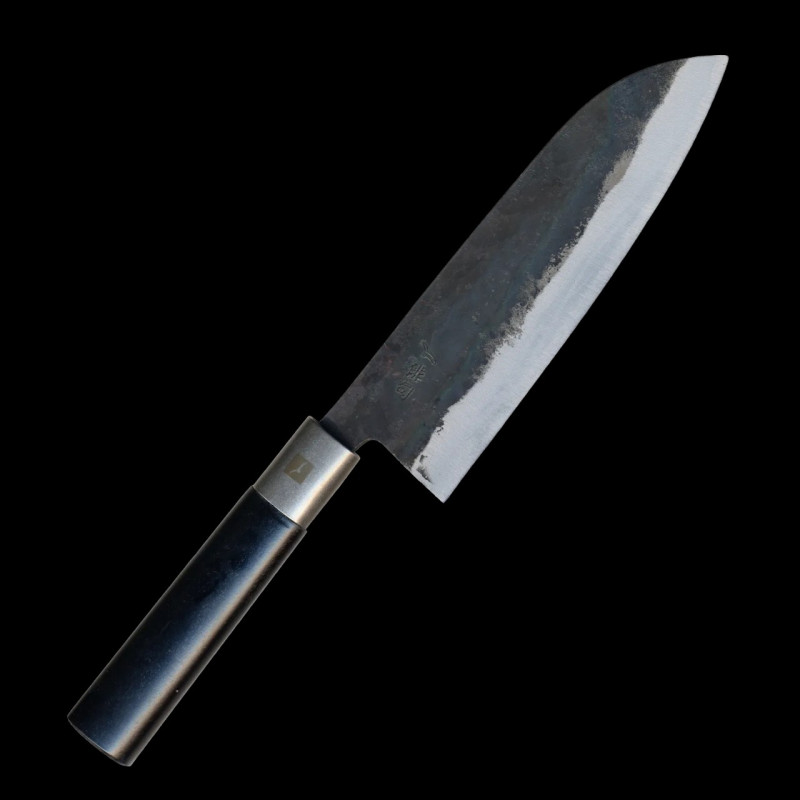- Porsche Model Cars
- New Porsche Diecast

- Porsche before 1948

- Porsche 911 classic 1963 - 1974 (901, 2.0, 2.2, 2.4, 2.7, 2.8)

- Porsche 911 G-type 1974 - 1988 (2.7, 3.0, 3.2, 3.3)

- Porsche 911 type 964 and 965

- Porsche 911 type 991

- Porsche 911 type 992

- Porsche 911 type 997

- Porsche 356

- Porsche 550

- Porsche 718

- Porsche 904

- Porsche 907

- Porsche 906

- Porsche 963
- Porsche Spa
- Porsche Targa Florio

- Porsche Panamera

- Porsche Nürburgring
- Porsche rally car

- Others Porsche
- Miniature Porsche autographed

- DIORAMA MODEL

- Mini Porsche Helmet
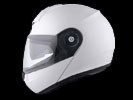
- Porsche tractors

- Porsche Diecast Preorders

- New Porsche Diecast
- Porsche Clothing & Shoes
- Porsche & Porsche Spirit Luggage and Leather Goods
- Porsche and Porsche Spirit Watches, Chronos & Clocks
- Porsche & Porsche Spirit Accessories
- Porsche Hat
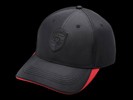
- Porsche Keyrings
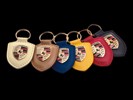
- Porsche Sunglasses
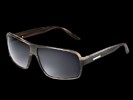
- Porsche Pens
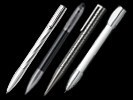
- Porsche Perfume
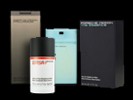
- Porsche Accessories for PCs, laptops, iPhones
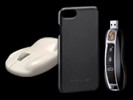
- Office accessories

- Porsche Stickers

- Porsche Pins

- Porsche Grille Badges

- Porsche Cups, Mugs & Glasses
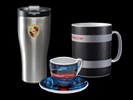
- Porsche Umbrellas & Accessories

- Helmets

- Porsche Accessories
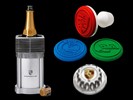
- Bracelets & Jewelry
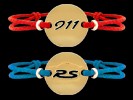
- Knives design by F.A. Porsche
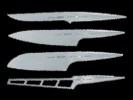
- Porsche Leather Goods
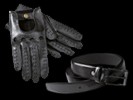
- Porsche Hat
- Porsche Bookshop
- Porsche Art
- Porsche Chairs, Showcases & Garage Decor
- Porsche Car accessories & Car Care Products
- Porsche Games and Toys
- Porsche Collections & Gift Ideas
- PORSCHE & PORSCHE DESIGN Anniversary Collection
- PORSCHE DESIGN 50 Years Collection
- PORSCHE MOTORSPORT Collection
- PORSCHE MARTINI collection

- PORSCHE 917 SALZBURG N° 23 HANS HERRMANN Collection
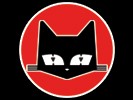
- PORSCHE ROTHMANS Collection

- PORSCHE JO SIFFERT Collection

- PORSCHE JAMES DEAN Collection

- PORSCHE JAGERMEISTER Collection

- PORSCHE GOLF Collection

- Porsche Gift Ideas

No products
To be determined
Shipping
0,00 €
Tax
0,00 €
Total
Product successfully added to your shopping cart
Quantity
Total
There are 0 items in your cart. There is 1 item in your cart.
Total products
(tax incl.)
Total shipping (tax incl.)
To be determined
Tax
0,00 €
Total
(tax incl.)
Haiku Knife Kurouchi Santoku 16.5 cm Chroma B03
- 92002437
Santoku Haiku Kurouchi 16.5 cm blade japanese kitchen knife
Handcrafted by Tosa artisans in Japan
Sandwiched 1.2% carbon Aoko steel, hardness 62°HRC, unpolished forged appearance
Ambidextrous V-sharpening for immediate sharpness
Ergonomic cemented handle in black-stained honoki wood, steel ferrule
Total length 30.8 cm
Weight 155 g
Chroma B03
7-year warranty
Lifetime steel warranty
Genuine collector's knife. Very limited quantities
Description
Santoku Haiku Kurouchi japanese kitchen knife 16.5 cm blade
Handcrafted by Tosa artisans in Japan
Carbon 1.2% / Hardness 62 HRC
Ideal hardness for long-lasting edge retention and easy sharpening
Sharpening along the entire length of the blade for a more precise cut
Ambidextrous V-sharpening for immediate sharpness
Curved blade return for greater comfort
Ergonomic, cemented handle in black-tinted honoki wood, steel ferrule
Length 30.8 cm
Weight 155 g
Chroma B03
7-year warranty
Lifetime steel warranty
Genuine collector's knife. Very limited quantities
Forged black” is the meaning of Kurouchi in Japanese. This is how we characterize Haiku Kurouchi, with its 1.2% carbon oxidizable steel blade. Forged and sharpened in a workshop on the island of Tosa, it is the most handcrafted of the ranges produced for Chroma. Please note that this knife requires greater care than the others. The absence of chromium in the steel defines it - that's its raison d'être - but it's even more important to be careful, and always clean the knife in running water immediately after use, and even while it's still on the work surface. The santoku knife is the most versatile of all kitchen knives. It is ideal for working with vegetables (slicing, dicing, chopping...), but is not limited to this. It also excels at replacing the chef's knife for slicing meat, and can be used in place of a carving knife. If you need only one in the kitchen, this is it.
Haiku Kurouchi is what you might call the purest traditional Japanese cutlery knife on the market. It is so both in its design and in the resulting rusticity, a characteristic prized by consumers. Each reference is made by a different master smith, and the Nakiri by the best of them (because it's the most difficult). The falcon symbol, Haiku's emblem, is also engraved on the blades. These are rare blades, produced in small quantities.
Haiku is a brand of the CHROMA company, which manufactures several ranges in different variations in Japan. There are currently 5 Haiku ranges: entry-level Japanese knives with Haiku Home and Haiku Yakitori for those wishing to learn about Japanese knives. The original Haiku collection, renowned for its artisanal manufacturing methods based on Japanese sword-making codes. This range has been the companion of many world championship winners. Haiku has its counterpart in Damascus kitchen knives with Haiku Damascus, designed according to the same codes, but in 32-layer damascus. The fifth range is Haiku Kurouchi, the Japanese knife that has become the icon of raw forging. The ultimate in craftsmanship, each blade is unique in its raw, unpolished appearance. Haiku Kurouchi is an anti-conformist product with a strong identity whose roots go back thousands of years.

© 2025 Elfershop GmbH All Rights Reserved. Design by BWA.







